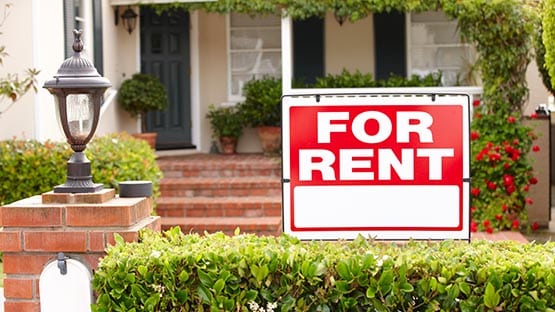
The Waynesboro Redevelopment and Housing Authority recently received $597,603 in capital funds from the U.S. Department of Housing and Urban Development, or HUD.
One reader hoped some of the funding would go to address the current homeless crisis in the city.
Kim Byrd, executive director of the Waynesboro Redevelopment and Housing Authority, said Friday the annual funds are given to all housing authorities with public housing to make capital improvements to their current public housing inventory.
The Waynesboro RHA has 188 units throughout the city, and improvements may include new roofs, cabinets, appliances, heating and air conditioning and plumbing.
Rental inspections
The Waynesboro chapter of Virginia Organizing is preparing a petition to present at the Waynesboro City Council meeting Monday night to request the city create a rental inspection program.
The RHA units are inspected regularly and are safe, said Byrd.
“I’m proud to say that all of our housing is in very good shape. We’ve taken very good care of it. And it looks very nice.
“Luckily, we are a small Housing Authority, and being small, we’re not as able to help as many people as we’d like to, but we are able to keep a really good handle on our units. And you know, make sure they stay in good shape and make sure they’re always up to code and look nice for the community.”
Waiting lists for public housing
The Waynesboro RHA has public-housing units on New Hope Road, 10th Street, South Wayne Avenue, Ivanhoe Avenue, Delphine Street and King Avenue. They also manage Springdale, a six-story high rise for the elderly or disabled population.
All of the 188 units are occupied, and the RHA has a waiting list for the one- to four-bedroom units.
There are two waiting lists – one for Springdale, which is reserved for age 62 or older, or someone with a disability, and there is a second waiting list for one- to four-bedroom units.
To qualify, you must be at 50 percent of the median income established by HUD. The median income for Staunton, Waynesboro and Augusta County, according to HUD, is $83,600.
No additional public housing is planned to be built in Waynesboro. Byrd said HUD’s focus has shifted over time from building public housing to providing vouchers. She said HUD is more focused on housing choice vouchers, which subsidize rent for people who meet eligibility.
Housing vouchers
In Waynesboro, there are approximately 370 families receiving vouchers to help with the cost of their rent.
“You pay a portion of your rent to the landlord, and we pay a portion,” said Byrd. “We subsidize your rent based on income and other factors that are in that calculation.”
The idea behind the vouchers is that people “can live where they want to live” and to have mixed incomes and neighborhoods instead of housing projects where everyone who lives there is low income.
Unfortunately, the Waynesboro RHA isn’t accepting new applications for vouchers now because they have a waiting list of approximately 150 families.
Byrd said the RHA typically opens up the application process every few months. She said the last time they opened it up, 80 people applied in one day.
She said that applicants are given “preference points” to determine where they fall on the list, i.e. if you are disabled, employed, a resident of Waynesboro, etc.
“If you are a person who does not live in the City of Waynesboro, does not work, is not elderly and is not disabled, and you’re not homeless or anything else, then you would probably have zero points,” Byrd said. “It would be extremely difficult for you to ever get housing through us.”
For the city’s unsheltered individuals, Byrd said, they would need to apply for public housing and/or vouchers like anyone else. And they would still need to meet the criteria established by HUD: not a registered sex offender, does not owe money to another housing authority, etc.
She said that if someone is homeless, they do get preference points for that, so they can try to help those people, but that doesn’t change the fact that there is a waiting list.
“I probably respond to them on a daily basis,” Byrd said. “They say, ‘I’m homeless. I need emergency housing.’ Well, we don’t have emergency housing. So I always tell them how they can go about applying here, unfortunately, to get on a list.
“And then I recommend they, depending on their situation, go to the Mission, go to the domestic violence shelters, the WARM shelter, places like that. We always try to give them options.
“I understand a lot of folks are desperate, but most people that come in here are in certain situations where they need help immediately, and unfortunately, we just don’t have emergency housing.”
Affordable housing
While no more public housing is in the works. Byrd said, even finding developers interested in building affordable housing is a challenge.
“Builders and developers build to meet the need,” she said. “So if you’ve got a need for higher-priced housing, and you can fill that higher-priced housing, that’s what builders and developers are going to do. That’s their livelihood. Do I think we have enough housing for our workforce? Probably not.
“But it is not an easy fix. And it’s not a quick fix. And it’s not a one-fix-all,” Byrd said.
“I think all cities and all communities can always use more affordable housing and low-income housing.”










